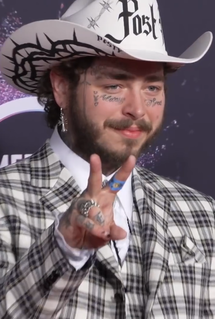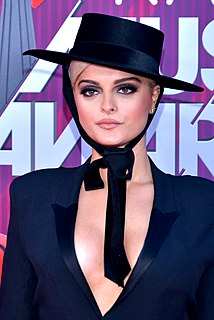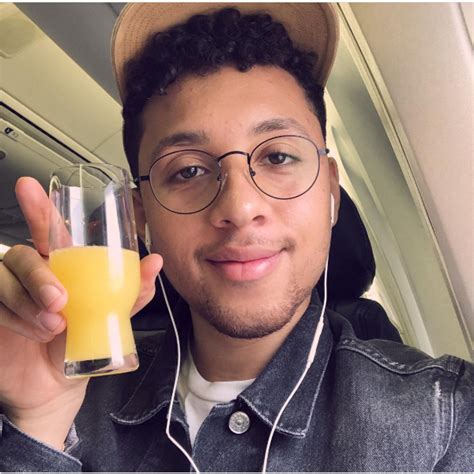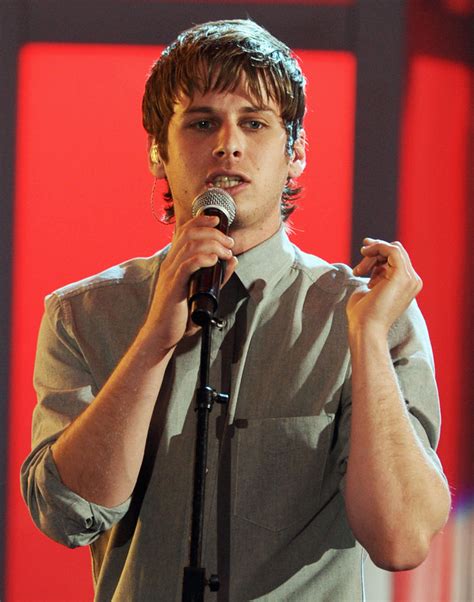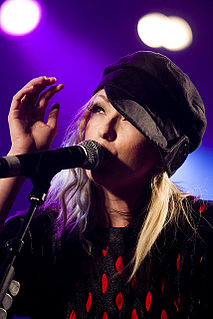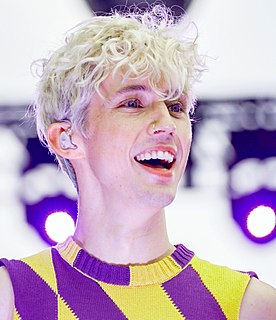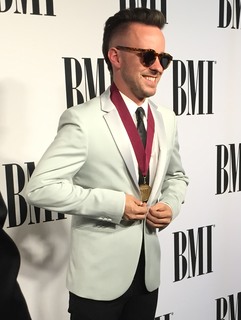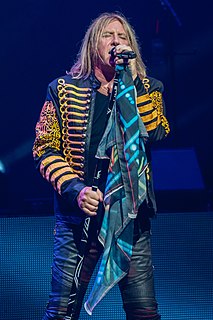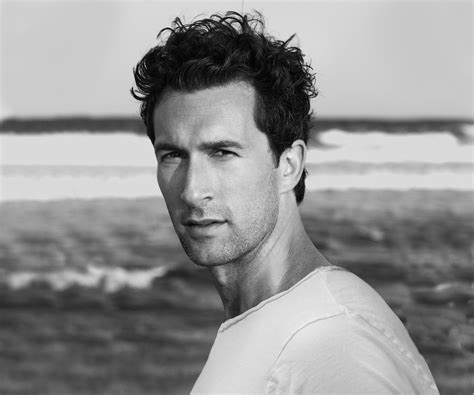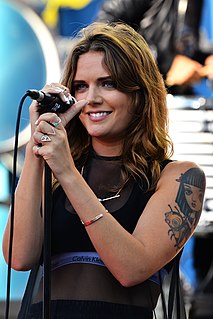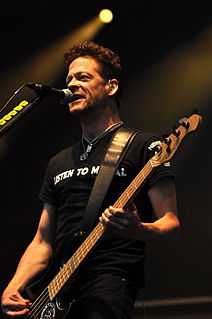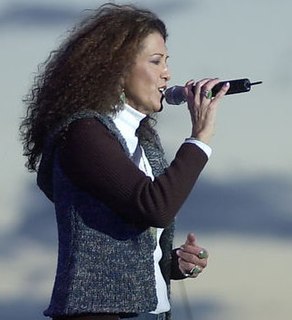A Quote by Sia
I really felt like 'Chandelier' was a big pop song. But we weren't sure what would happen if I wasn't willing to show my face and do promo and go on tour and do the traditional kind of pop strategy. So I had no expectations.
Related Quotes
I was lucky enough to grow up in an era when radio was less formatted. It was really special. You could hear a jazz song then a pop song then a show tune then some jazz. Basically, whatever the DJ felt like playing, he would play. He was educating you and exposing you to things you would never hear otherwise.
It's strange: I love pop music, and I really can enjoy it, but I didn't feel like the characters within pop music - like when Madonna sings 'Crazy For You', for instance, I don't feel like I would ever be the character she takes on in that song. I would never feel... I don't have that confidence in me.

